The Pentagon disclosed Thursday that the U.S. has over double the number of previously acknowledged troops stationed in Syria.
Officials have repeatedly confirmed the number of troops as about 900, but in truth there have been over 2,000 troops deployed to the country.
According to Maj. Gen. Pat Ryder, the Pentagon’s press secretary, this increased force presence has been in effect for “months,” though the public and lawmakers were left in the dark until now.
The revelation follows weeks of Pentagon officials sidestepping questions about troop levels in the war-torn region, where the U.S. military claims to be engaged in a counter-ISIS mission.
Ryder emphasized that the additional troops are unrelated to the recent collapse of Syrian dictator Bashar Assad’s regime, which fell to rebel forces on December 8 after more than 50 years of family rule.
The “core 900” U.S. service members deployed to Syria are officially on nine-to-12-month assignments.
The additional 1,100 troops, according to Ryder, are temporary forces rotating in for 30- to 90-day periods to “address shifting mission requirements.”
Army conventional forces and special operations units reportedly make up the bulk of these reinforcements.
Pressed on why the Pentagon failed to disclose this significant uptick until now, Ryder claimed he had only learned of the updated figures earlier that day.
He cited “sensitivity from a diplomatic and operational security standpoint” as justification for the silence.
However, the lack of transparency raises broader concerns.
Defense Secretary Lloyd Austin was reportedly aware of the troop surge but had not discussed the matter with Gen. Michael “Erik” Kurilla, the head of U.S. Central Command.
Whether President Biden was informed of the increased forces remains unclear, as Ryder declined to comment on the White House’s awareness.
Requests for clarification from the administration went unanswered.
The timing of this revelation is particularly troubling given the rapidly shifting dynamics in Syria.
Following Assad’s overthrow, Israel and Turkey launched separate military operations in the region—Israel targeting former regime weapons facilities and Turkey focusing on Kurdish forces, a key U.S. ally in the fight against ISIS.
Meanwhile, the U.S. has ramped up airstrikes on ISIS strongholds, seeking to prevent the terrorist group’s resurgence amidst a growing power vacuum.

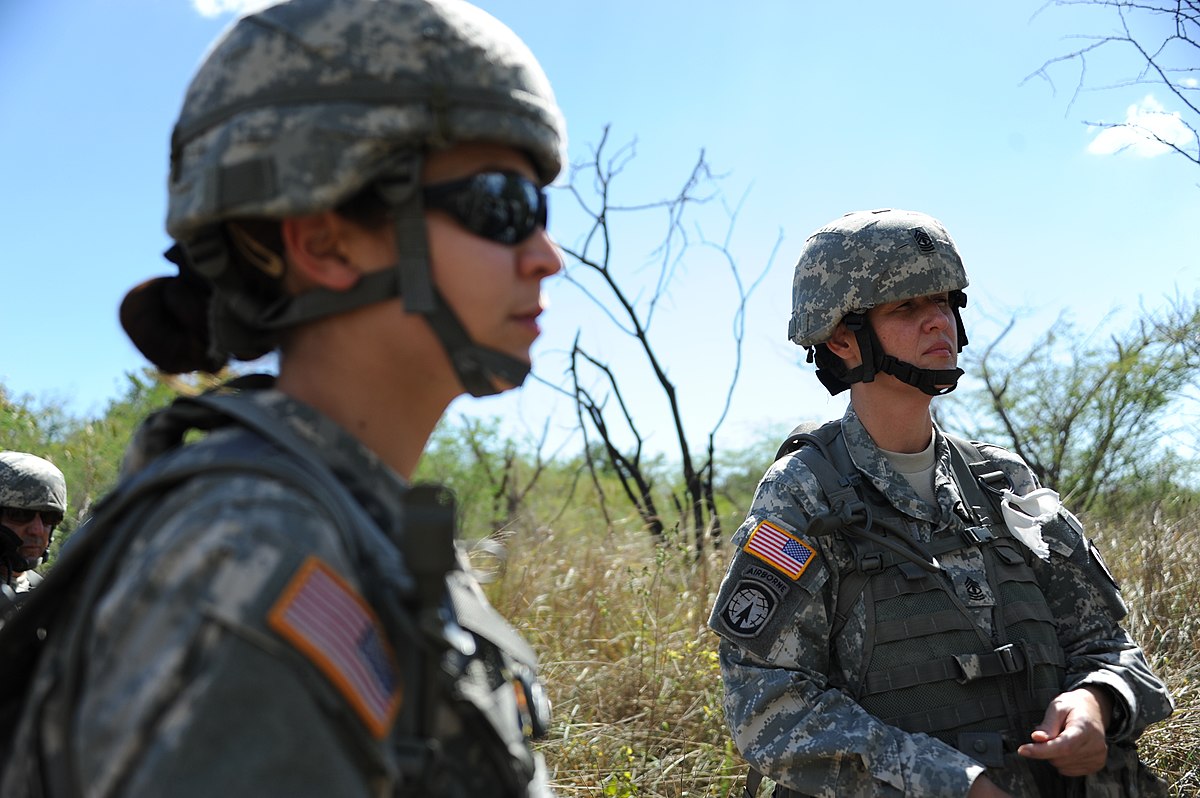
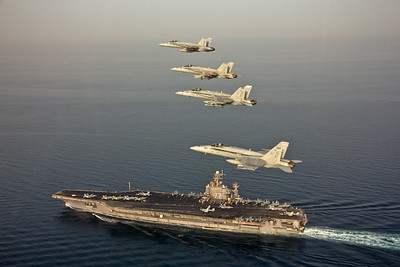
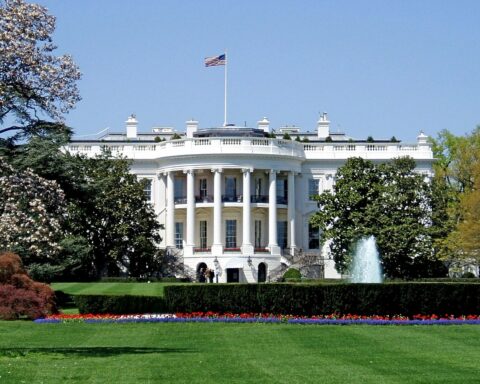
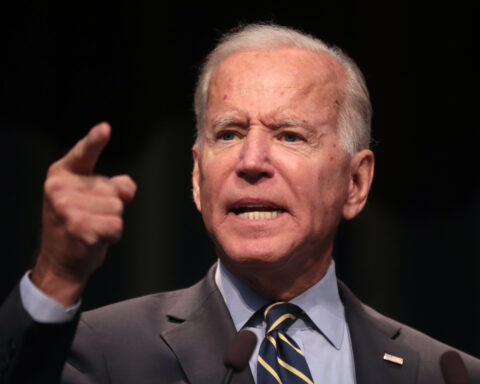



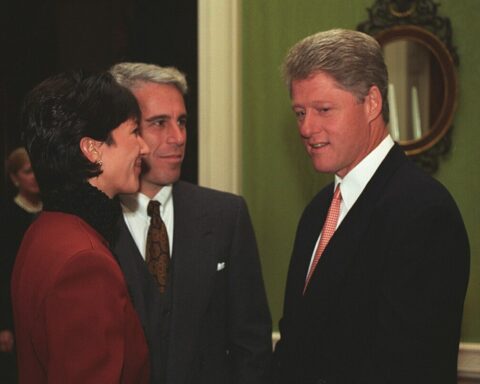

To keep wars going Forever